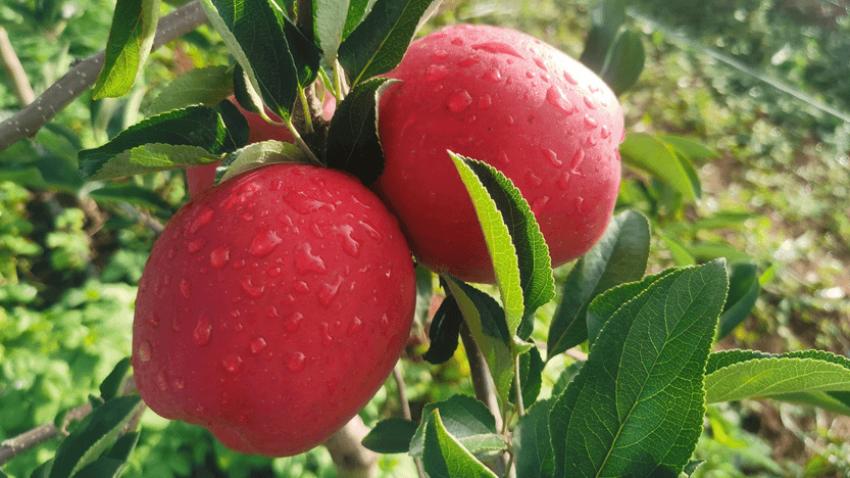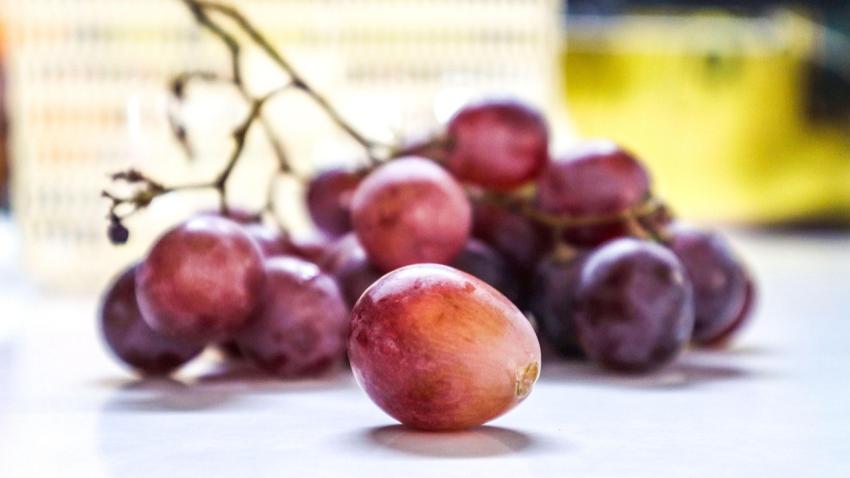You are here
Back to topChinese Apple Futures Poised to Affect the Industry

The China Securities Regulatory Commission (CSRC) recently approved the Zhengzhou Commodity Exchange to carry out trading of apple futures. Apple futures contracts will be listed on the Zhengzhou Commodity Exchange on December 22, 2017. This is the first fresh fruit futures contract trading in China and the world, which could strengthen the pricing power of Chinese apples and establish a global apple pricing center. For now, the world's only futures market for apples is of concentrated apple juice futures at the Minneapolis Grain Exchange (MGEX) that began trading in August of 2012.
There are three main reasons apple futures are an important breakthrough in fresh fruit futures. One is that China’s apple spot size is sufficiently large. China is the world's largest apple producer and the largest importer of apples. The total annual output of apples is about 43 million tons with an annual output value around 220 billion Yuan—the highest in the world. Secondly, apple harvesting has a long time span in China; and the usage of cold storage keeps crops fresh which then can be supplied continuously throughout the year. This is beneficial for future delivery. Third, the price volatility of apples is high. In China, apple production is generally small, comprised primarily of micro-farmers, which results in the frequent fluctuation of apple prices. Since 2010, domestic apple prices have fluctuated by a minimum of 7% a year. In 2015, volatility peaked when it reached 150%.
The opening of apple futures will have the following impact on apple growers and extend throughout the industry:
The first is the role of hedging. Apple growers will look to insurance companies, new agricultural companies, and futures companies instead of directly hedging with futures contracts. At present, China is promoting an "insurance + futures" pilot called "Price Insurance + OTC Options + Futures Exchanges". Futures companies provide apple dealers with services such as price insurance. Dealers will also ensure the minimum purchase price of apples. Finally, futures companies will use apple futures as a hedge to dissolve risk from fluctuations in the price of apples.
The second impact is on investment. Apple futures can make farmers earn risk-free investment returns as sellers of futures contracts when farmers sell corresponding apple futures after determining apple prices are unlikely to rise. If the judgment is correct, the farmers can get all the deposit without compensation. Even if their judgment is slightly unpunctual, farmers still have a spot to hedge the risk and can get some return on investment. Nevertheless, farmers will seek the opportunity of risk-free returns.
Finally, futures play a role in price discovery, raising farmers' cultivation and management level. Moreover, futures markets can help price expectations, aiding farmers to organize production and optimize operations, predict future earnings, and help achieve the income benefit of high-grade varieties. At the same time, farmers can recognize the connection between apple planting and market sales to maximize operating income.
Presently, according to trading rules, apple futures are trading at 10 tons per lot. The delivery will occur in January, March, May, July, November, October and December—the delivery unit is 20 tons. Delivery positions are in the main apple production areas such as the provinces of Shaanxi, Shandong, Henan, Shanxi, Hebei, and Gansu. There are 19 delivery warehouses, five of which are in Yantai City, Shandong Province.














Add new comment